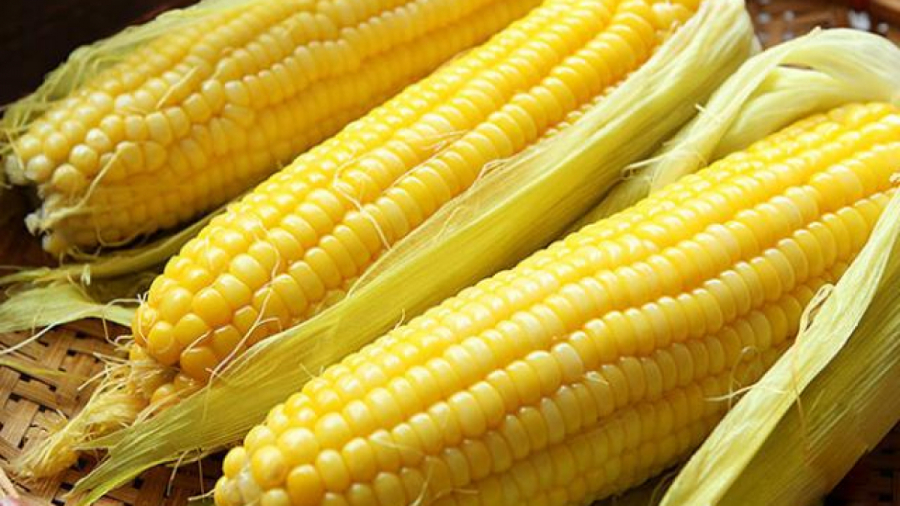Nutritional value of corn/maize
In traditional medicine, corn is considered sweet and nutritious, capable of treating insomnia and stabilizing blood sugar. Additionally, corn is rich in calcium, which is good for the development of human bones and joints.
In modern medicine, corn is encouraged to be consumed in the morning because at this time, when humans wake up, the stomach is empty, and the acid concentration is high, making it easier to grind food.
Some health benefits of regularly consuming corn
Prevents heart disease: Corn is rich in folate, which helps reduce amino acids in the blood vessels. This also helps prevent the risk of heart disease.

Better cancer prevention: According to experts, corn contains a substance called beta-cryptoxanthin, a type of carotenoid that has antioxidant effects and effectively prevents lung cancer.
Significant weight loss: If you are trying to lose weight, do not overlook this type of food. Corn is known as a natural weight loss method because it is rich in insoluble fiber. This improves digestion, prevents constipation, and reduces the risk of hemorrhoids. The fiber in corn helps control weight by increasing the feeling of fullness after meals.
Enhances memory: If you regularly eat corn for breakfast every day, it will greatly improve memory. Corn contains many vitamins, especially B1, which has the effect of reducing the risk of developing Alzheimer’s disease, a condition that causes memory loss.
Stabilizes blood sugar: For diabetes patients, corn is recommended as a substitute for other foods. Corn helps increase blood flow, regulate insulin, and reduce cholesterol absorption. Therefore, if there are diabetes patients in your house, add boiled corn to their breakfast!

Note when eating boiled corn in the morning
– Corn is good for health but should not be eaten excessively because too much of anything can be harmful to your health. Therefore, on average, you should only eat 1-2 corn cobs in the morning.
– Diabetes patients, people with poor digestion, osteoporosis, overweight people… should eat corn according to the dosage allowed by the doctor.
– Although corn is very good, it should not be given to young children because their chewing ability is not yet fully developed, which can cause difficulty in chewing and burden the stomach.
– Those who have stomach ulcers, colitis, or digestive disorders should not eat corn. The reason is that corn must be chewed thoroughly, otherwise it will put a burden on the stomach and make it easily tired.





































